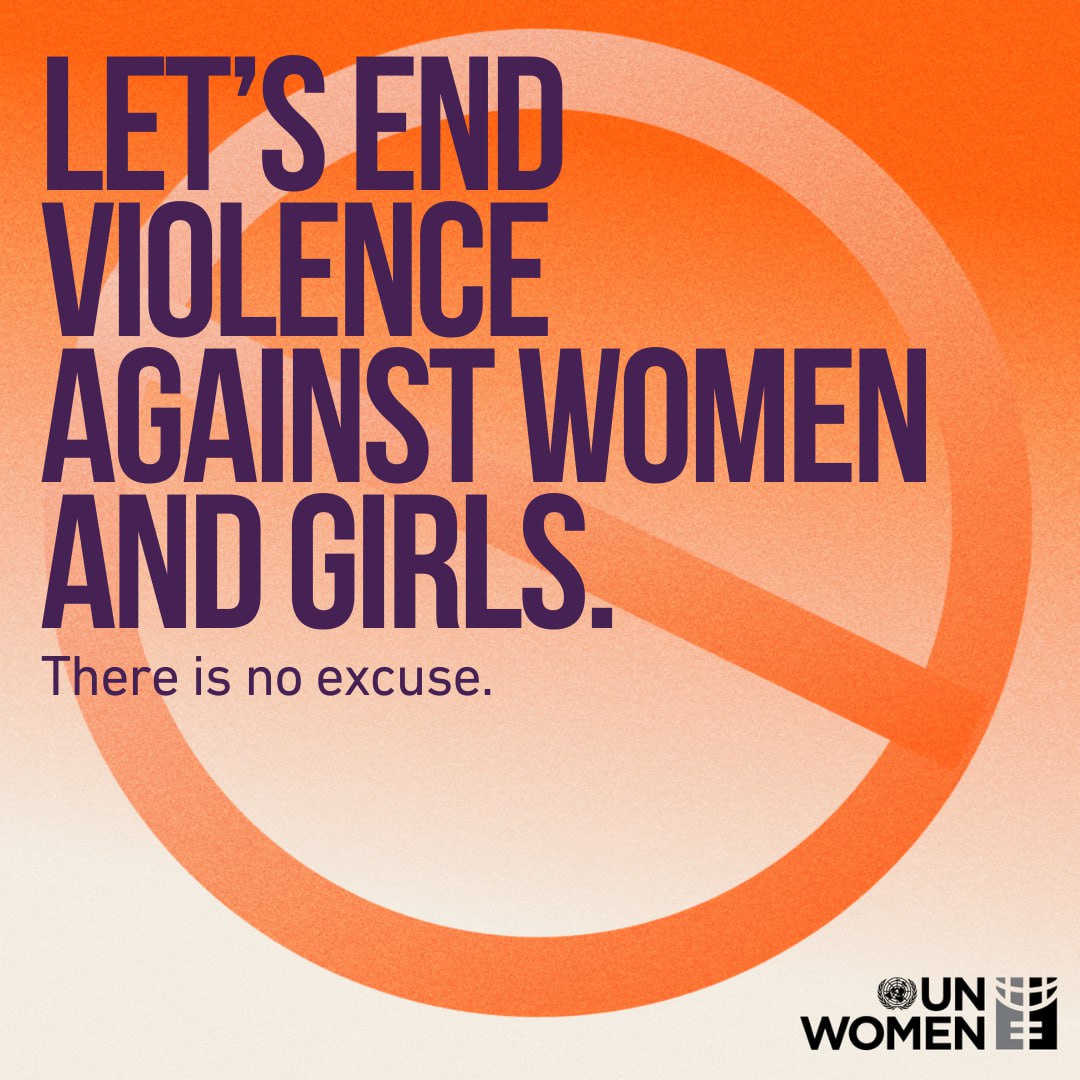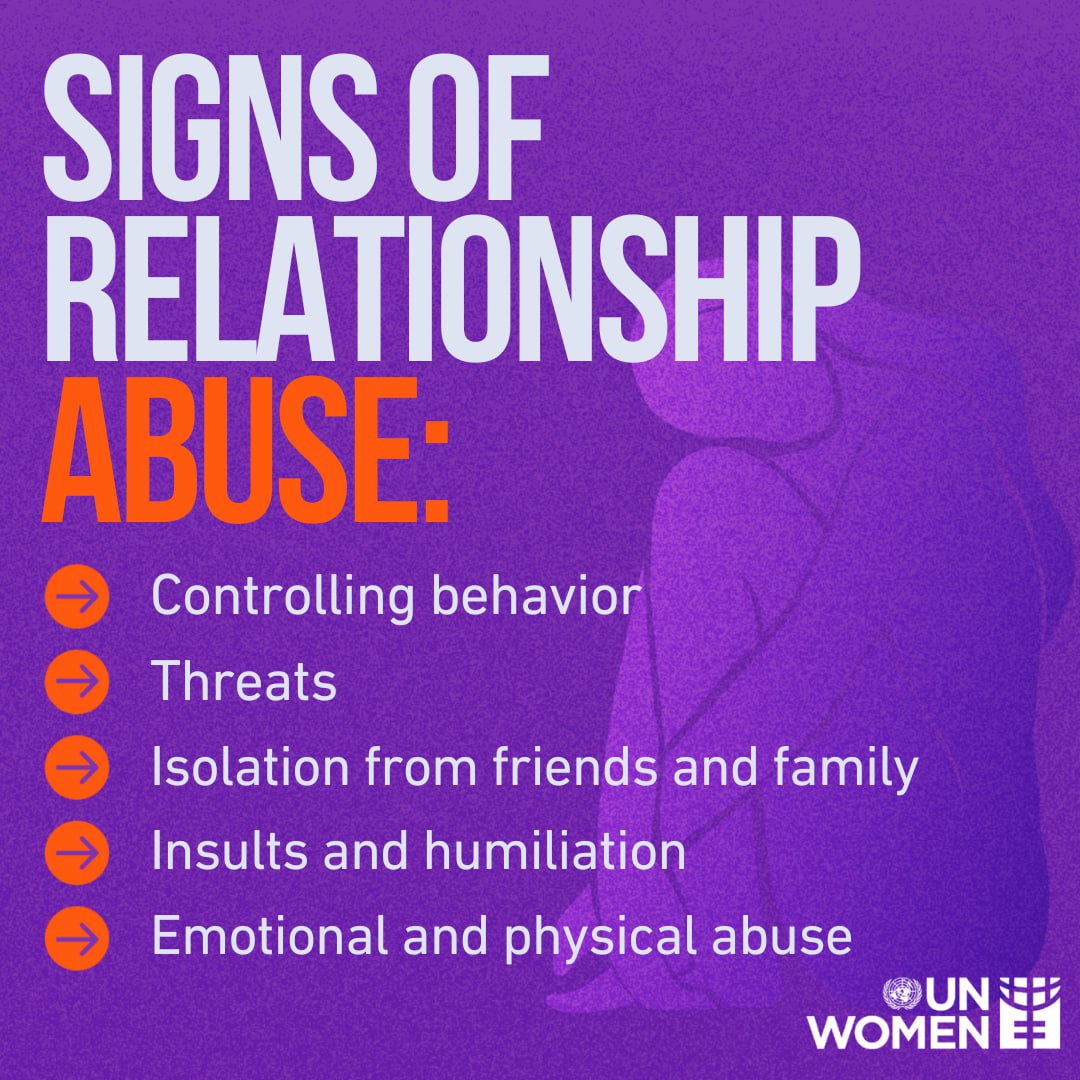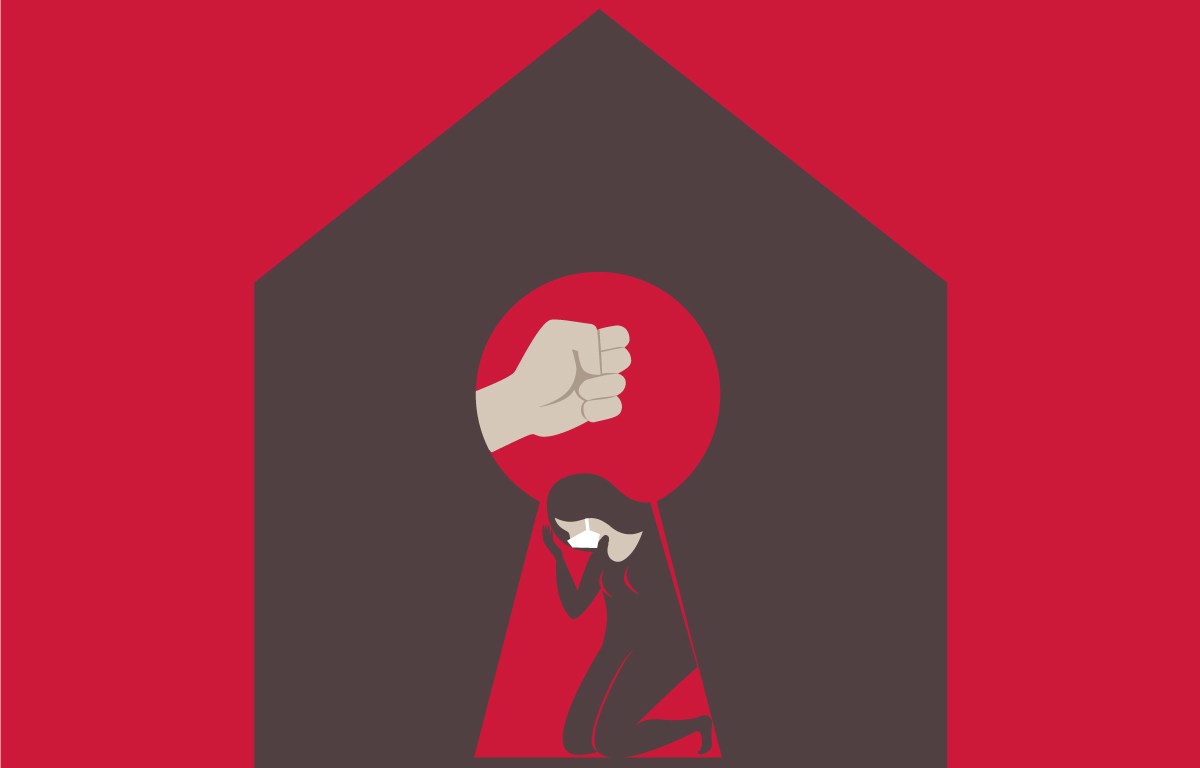“Violence against women is a global crisis, and there's no excuse for it,”
Regina Maria Castillo, UNICEF in Uzbekistan
Gender-based violence (GBV) remains one of the most pressing human rights issues globally, affecting individuals across all demographics and societies. In Uzbekistan, progress has been made to address GBV through frameworks such as the Guidelines for the Provision of Primary Legal Assistance to Survivors of Gender-Based Violence. The document published by UNDP outlines strategies for legal aid providers to support survivors and ensure justice is served.

Globally, women and girls disproportionately experience GBV. However, men and boys are also victims, though their cases are often underreported. In Uzbekistan, data from April to October 2023 reveals that courts addressed 2,008 criminal cases and 5,639 administrative cases related to GBV. Additionally, 32,733 protection orders were issued, reflecting both the widespread nature of the issue and the growing institutional response. The types of GBV range from rape and sexual assault to physical assault, forced marriage, economic violence, and psychological abuse. Each form of violence has devastating impacts, stressing the need for a comprehensive response.
A key challenge in tackling GBV is the pervasive underreporting driven by societal stigma, fear of retaliation, and cultural normalization of violence. Survivors often face societal attitudes that shift blame onto them rather than the perpetrators, reinforcing silence and complicating legal proceedings. While Uzbekistan’s legal frameworks provide survivors access to protection orders and support services, gaps remain in enforcement and the provision of survivor-centered care. The burden of proof often rests heavily on survivors, who must present medical records, photographic evidence of injuries, and witness statements to build a strong case.
“Violence against women is a breach of fundamental human rights,” Asheena Khalakdina, WHO in Uzbekistan
The Guidelines emphasize the importance of a trauma-informed approach (TIA) to ensure survivor-centered care. This approach involves recognizing the impact of trauma, ensuring safety, building trust, and empowering survivors to make informed decisions. Legal aid providers are encouraged to respect survivors’ autonomy, refrain from judgment, and provide detailed information about legal options without exerting pressure. By adopting TIA, legal professionals can prevent re-victimization during the legal process, helping survivors regain their agency and navigate the justice system with dignity.
Uzbekistan’s legal system distinguishes between criminal and civil proceedings in GBV cases. Criminal cases are state-led, where the prosecution can proceed even without the survivor's cooperation in severe instances. Civil cases allow survivors to seek compensation for damages, but legal representation must often be self-funded. Evidence collection is critical in both types of cases. Legal aid providers are trained to document physical injuries using body maps and detailed descriptions, collect digital evidence such as threatening messages, and secure witness statements and CCTV footage. These practices are essential for building strong cases and ensuring perpetrators are held accountable.
Additionally, Cultural practices such as bride kidnapping and forced marriages still remain one of the many challenges in Uzbekistan, particularly in rural areas. These harmful traditions perpetuate gender inequality and expose survivors to further violence. GBV is also prevalent in public settings, including workplaces and streets. Workplace harassment, often intersecting with gender discrimination, limits women’s professional opportunities and reinforces harmful power dynamics. Street harassment, including catcalling and unwanted physical contact, further underscores the need for comprehensive measures to address violence in public spaces.

“Most cases of gender-based violence remain unreported because of stigma, gender roles, fear of retribution, and inadequate support systems,” Aitbek Amangeldi, an activist and human rights defender from Kazakhstan
Despite these challenges, Uzbekistan has made commendable efforts to align with international standards for GBV response. Initiatives such as mobile apps for reporting violence, hotlines, and community-based support systems are critical tools in bridging existing gaps. These measures ensure survivors can access timely and appropriate assistance, fostering a supportive environment for those affected by GBV.
To build on this progress, a multifaceted approach is necessary. Raising awareness through educational campaigns can challenge societal norms and reduce stigma around GBV. Strengthening legal protections and closing gaps in legal aid provision will ensure survivors receive the justice they deserve. Collaboration between government agencies, NGOs, and community leaders is essential to provide comprehensive support services, including medical, psychosocial, and legal assistance.

Addressing GBV requires systemic reform, persistent action, and societal solidarity. Uzbekistan’s ongoing efforts reflect a commitment to combating this pervasive issue. By prioritizing survivor well-being, challenging harmful norms, and strengthening legal mechanisms, meaningful change can be achieved. The fight against GBV demands collective action to create a safer and more equitable society for all.
“Let's together create a society that refuses to tolerate violence against women wherever and however it occurs,” Sara Noshadi, UNESCO in Uzbekistan
A year ago, the femicide of Saltanat Nukenova shocked Kazakhstan, garnering widespread national attention after her husband, a former minister, was accused of the crime. Aitbek Amangeldi, a brother and a human rights activist in Kazakhstan, established the Saltanat Nukenova Memorial Foundation and a network of volunteers dedicated to supporting survivors of gender-based violence, bringing together activists, bloggers, and influencers from across Central Asia.

The case involves Kuandyk Bishimbayev, a former government minister, who was sentenced to 24 years in prison for the murder of his wife. The court's verdict, delivered by a jury in Astana on May 13, was broadcast live on YouTube. In addition to his prison sentence, Bishimbayev was ordered to cover court costs, which amounted to over $5,000.
“The public response to our trial showed me how powerful public opinion is. “Nearly all bloggers spoke out to support our family and denounced the violence, creating an unprecedented wave of societal response to gender-based violence in the country. This united movement is capable of influencing laws, policies, and official responses,” Amangeldi voiced.
In Kazakhstan, 16.5% of women aged 18-75 report experiencing physical or sexual violence from intimate partners. However, Amangeldi noted that due to underreporting, the actual prevalence of domestic violence is likely much higher.
In April, President Kassym-Jomart Tokayev signed amendments aimed at increasing penalties for domestic violence. However, activists, including Sekerbayeva, have called for further legislative reforms to more effectively combat domestic violence.
Follow Daryo's official Instagram and Twitter pages to keep current on world news.
Comments (0)